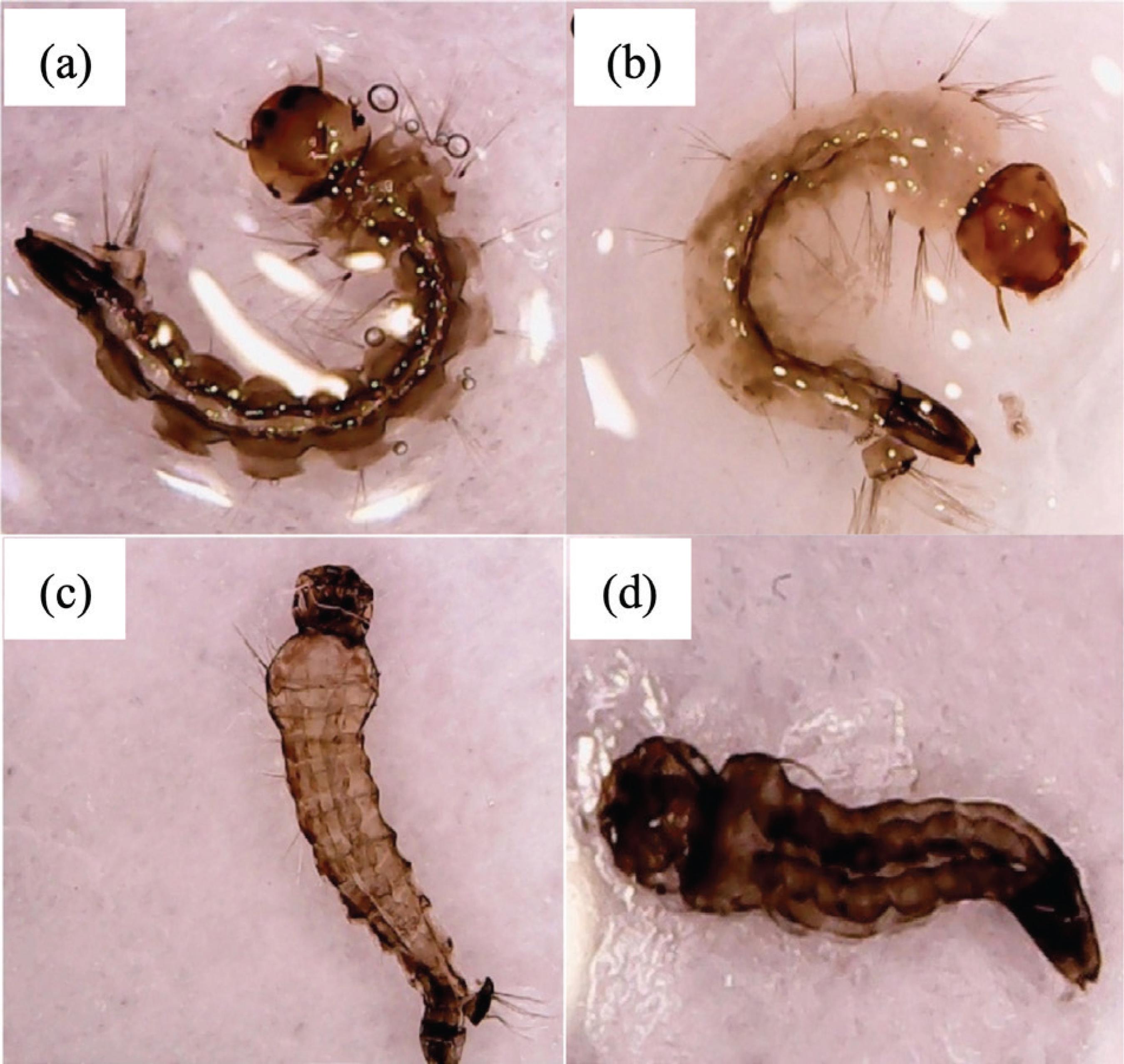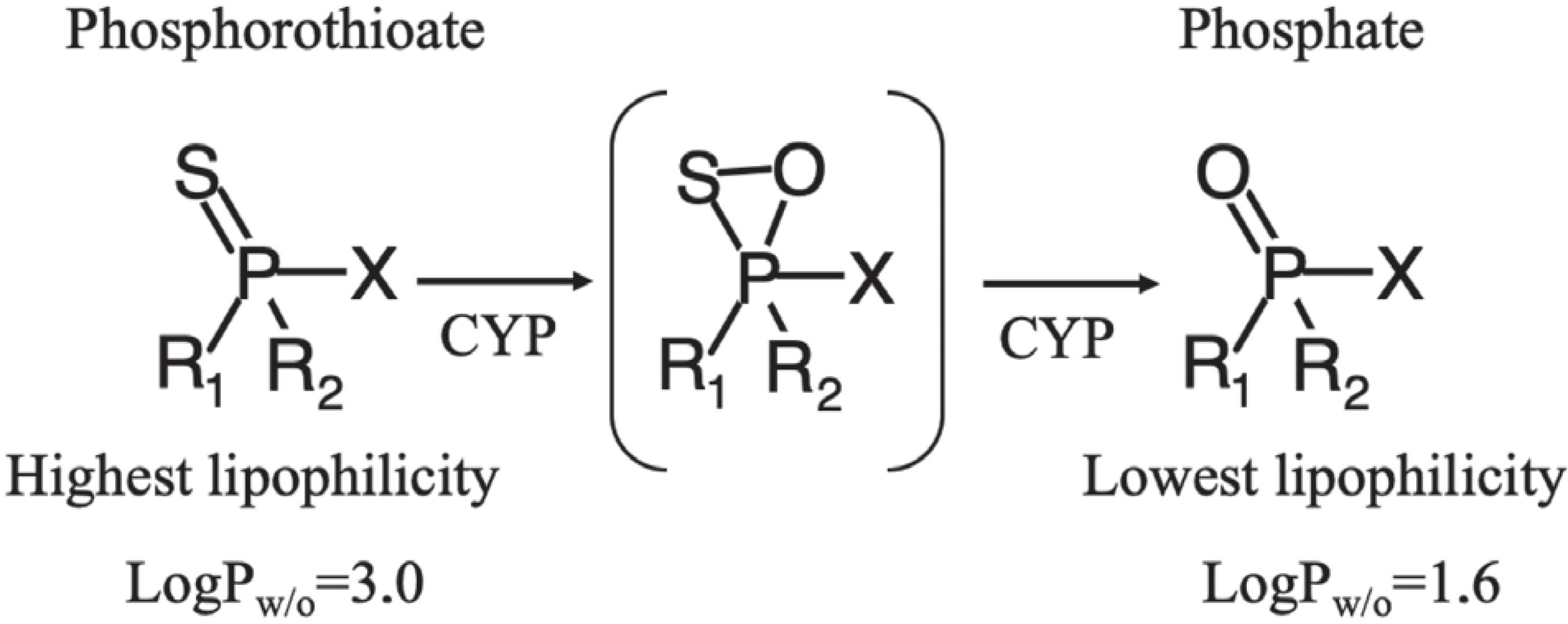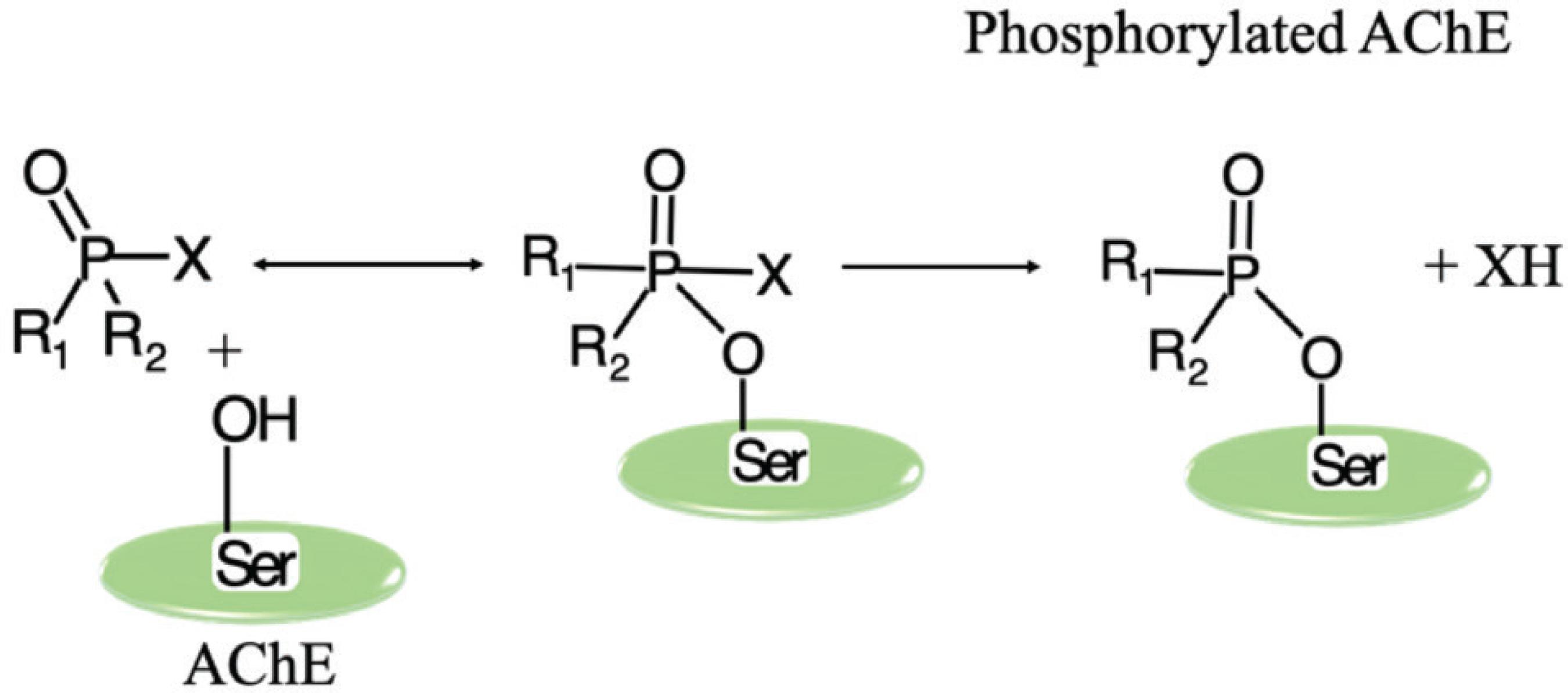Aedes aegypti is the main vector of three neglected tropical diseases: dengue, zika and chikungunya. Dengue is under surveillance by health organizations worldwide due to the risk of epidemics. Since there is no specific treatment for dengue, most studies have focused on preventing the reproduction and/or development of the mosquitoes. We studied the larvicidal activity of five phosphates and phosphorothioates derived from cardol, one of the four main components of cashew nut shell liquid (Anacardium occidentale L.), at different concentrations. The organophosphorothioate derivatives were tested for their in vitro inhibitory potential against acetylcholinesterase (AChE). One compound, Cdl.i-dPS (median lethal concentration (LC50) = 0.8 ppm), was four times more efficient compared to an important commercial larvicide, Temephos (LC50 = 3.2 ppm), and showed greater AChE inhibition than its monosubstituted analogue and Temephos.
Keywords:
cardol; AChE inhibition; Aedes aegypti







